Mysterious Artifacts of the Mysterious Shu Kingdom
Imagine an ancient civilization, hidden for millennia underground, about which almost nothing is known. At the center of this mystery is the Shu Kingdom, which existed more than 3,000 years ago in what is now China’s Sichuan Province. Its mysterious relics were accidentally discovered in the village of Sanxingdui, forever changing our understanding of Chinese history.
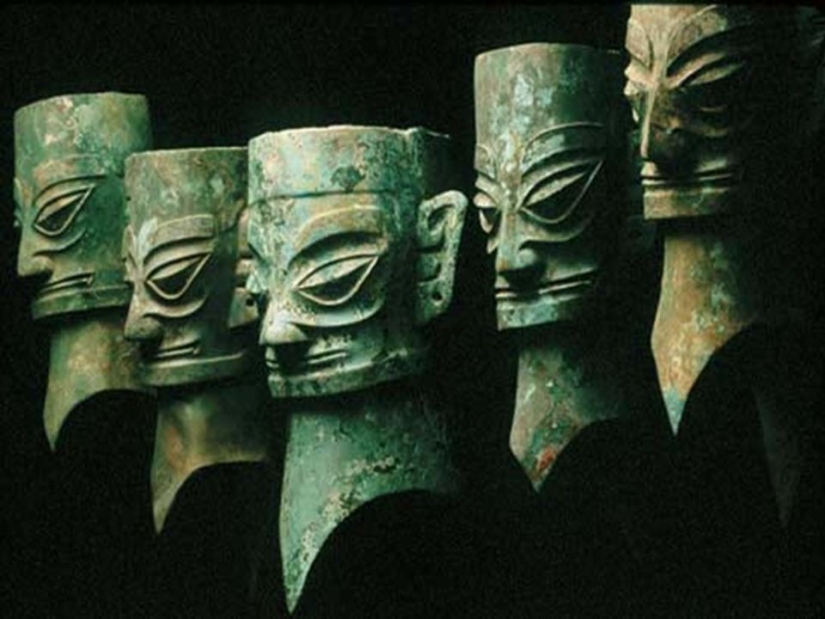
In the spring of 1929, a farmer digging a well in the village of Sanxingdui stumbled upon a hoard of jade artifacts. The find aroused interest, but for many years no new discoveries were made. It was only in the 1970s that archaeologists made a truly epochal discovery: two pits filled with ancient treasures - bronze items, ivory, gold and jade objects. These artifacts turned out to be associated with the culture of the mysterious Shu kingdom.
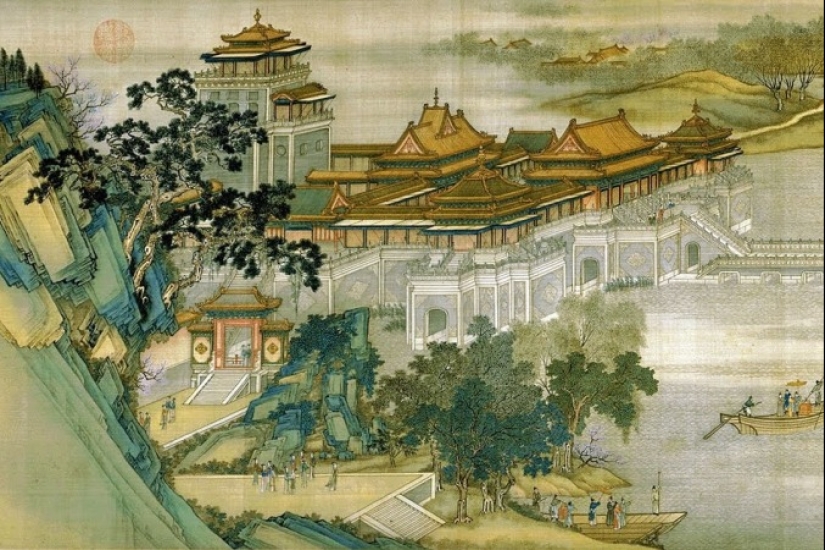
The Shu Kingdom existed from the 11th century BC to 316 BC. Its capital, located on the site of the village of Sanxingdui, occupied about three square kilometers. For its time, it was a large city with developed agriculture, ceramics production and mining. Despite the geographical isolation of the Sichuan Basin, the Shu civilization possessed advanced technologies, especially in the field of colored bronze casting.
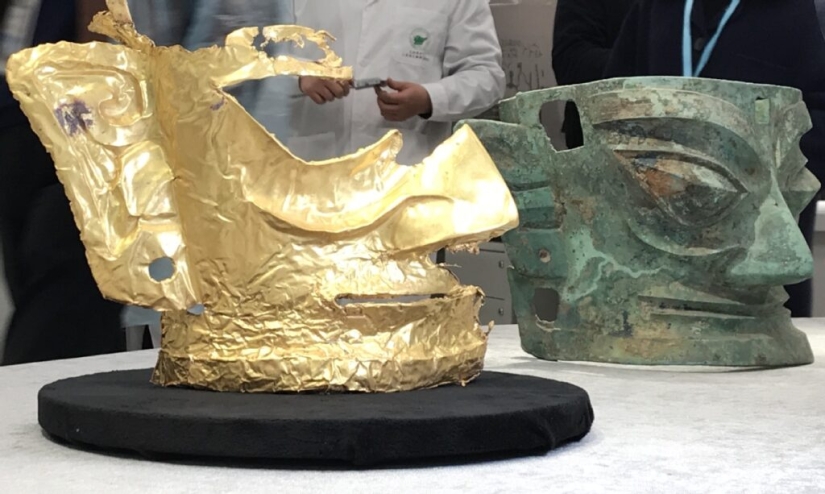
The Sanxingdui artifacts surprised researchers with their unusual artistic style. Bronze masks with large eyes and thick eyebrows, as well as statues that differ greatly from the traditional appearance of the Chinese population, led scientists to suggest that Shu may have been related to Middle Eastern civilizations.
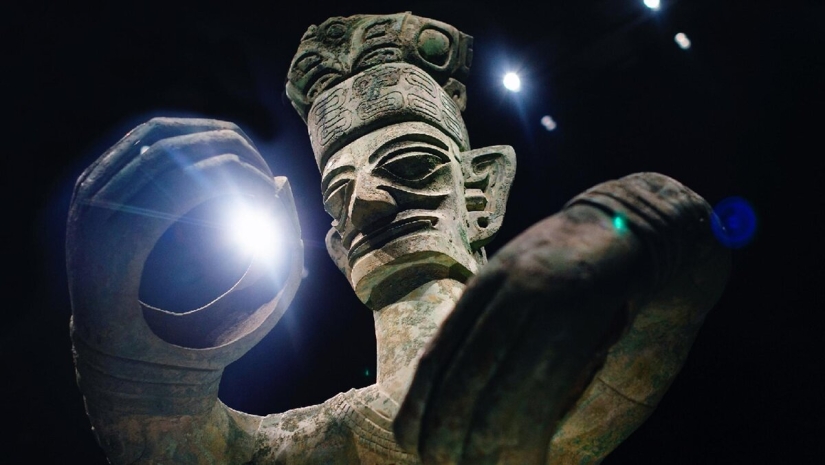
One of the most remarkable finds is a bronze statue called the "king of bronze statues", 170 cm high. It may have depicted a magician or a saint who had achieved immortality.
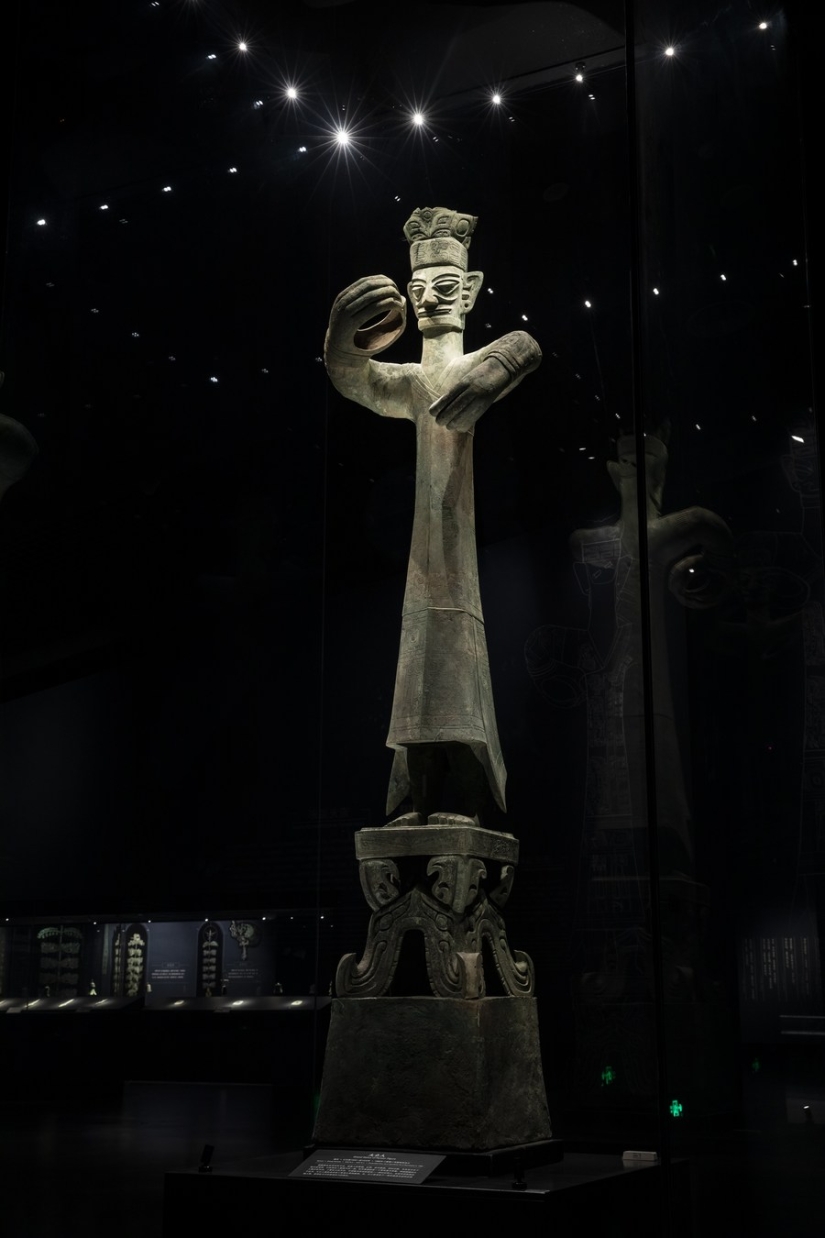
The history of Shu is shrouded in mystery. Later Chinese myths associate the foundation of the kingdom with the legendary ruler Cancun, who is considered the inventor of silk weaving. However, reliable information about Shu appears only after its contacts with other Chinese states. In 474 BC, Shu ambassadors arrived at the palace of the ruler of Qin, and several decades later a battle between the troops of Shu and Qin took place.
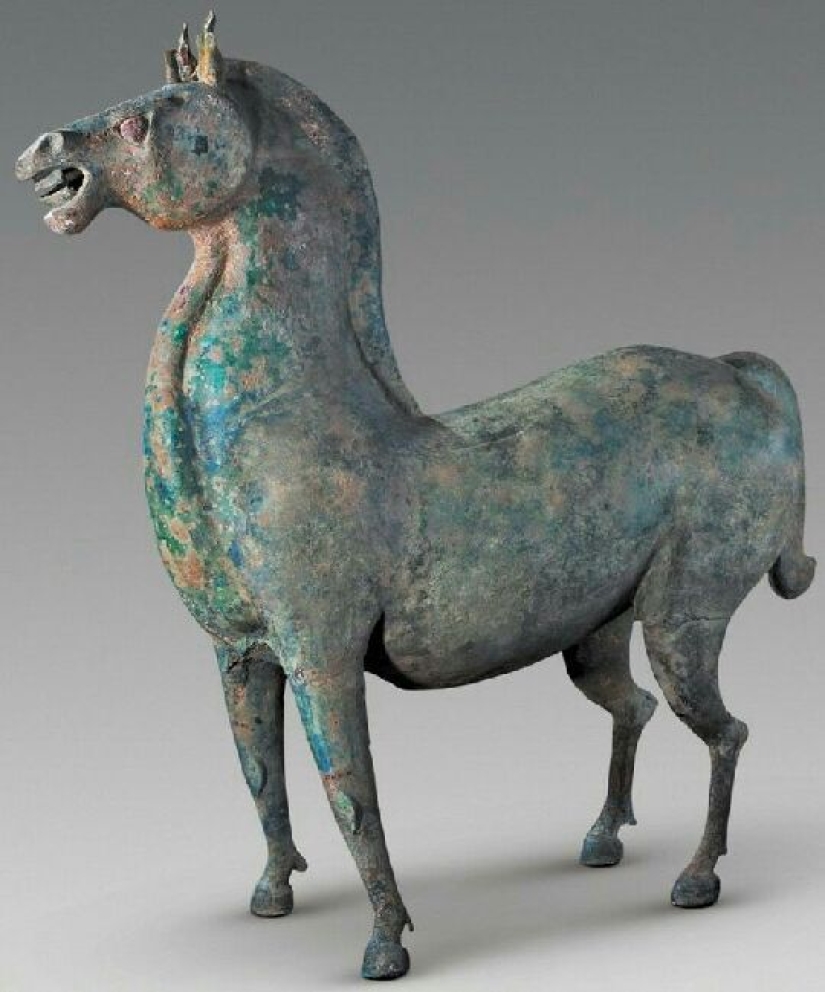
It is not known why the inhabitants suddenly abandoned Sanxingdui around 1000 BC. Archaeologists suggest that natural disasters or military conflicts may have been the cause. Over time, the Shu culture declined, and its secrets remained buried underground.
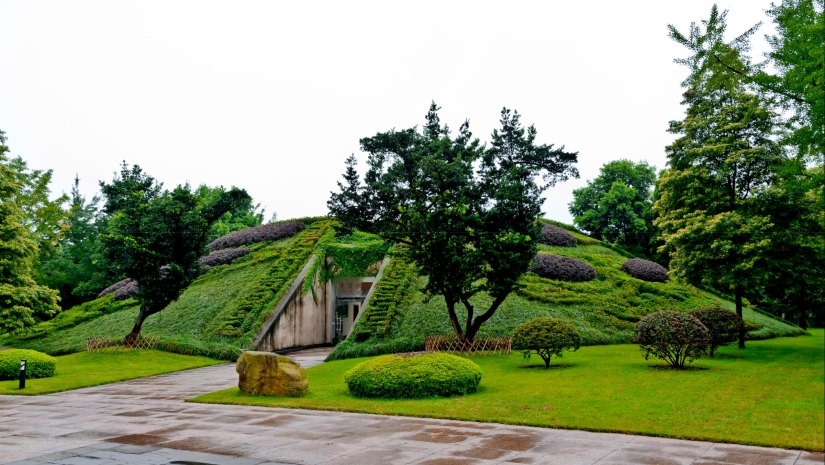
The Sanxingdui artifacts have attracted enormous international interest and have been exhibited in prestigious museums such as the British Museum, the National Gallery of Art in Washington, and the Olympic Museum in Lausanne.
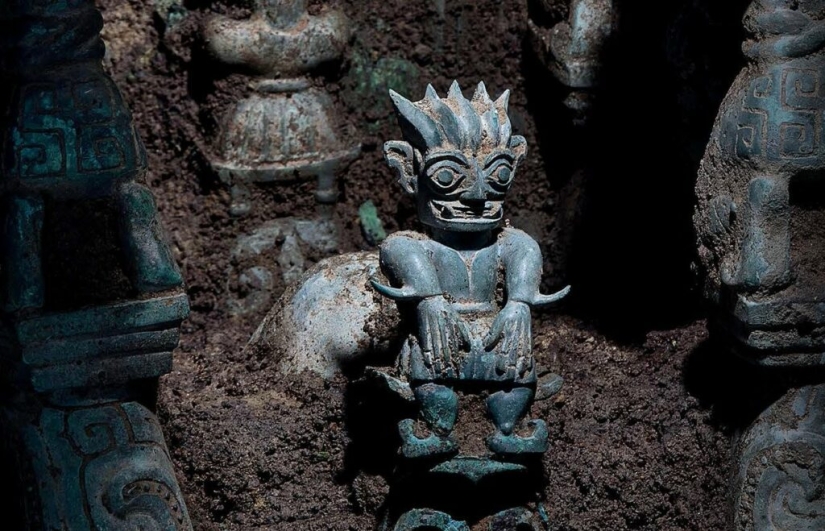
These findings have opened up new insights into ancient China, but they have also left more questions than answers. What role did the Shu kingdom play in the development of Chinese civilization? Where did its inhabitants come from? And what caused its disappearance?
Recent articles

It's high time to admit that this whole hipster idea has gone too far. The concept has become so popular that even restaurants have ...

There is a perception that people only use 10% of their brain potential. But the heroes of our review, apparently, found a way to ...

New Year's is a time to surprise and delight loved ones not only with gifts but also with a unique presentation of the holiday ...